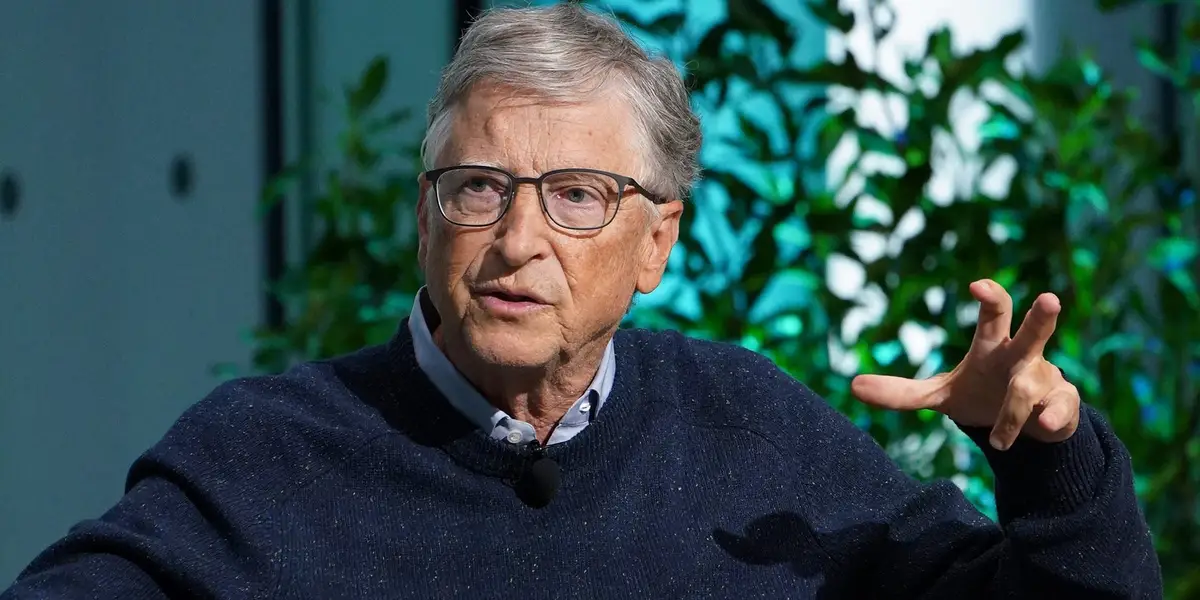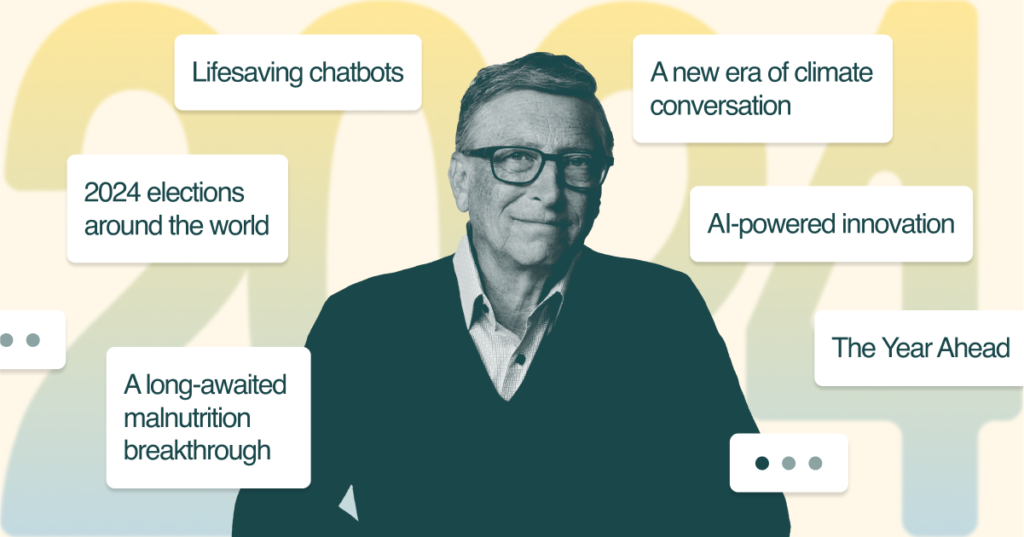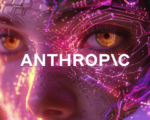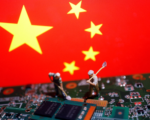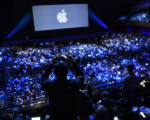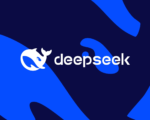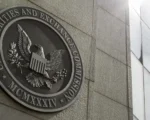Since stepping down as Microsoft CEO in 2000, Gates has focused on philanthropy, founding the Bill & Melinda Gates Foundation with his now-former wife. It’s in areas related to his foundation’s work in global health where Gates sees AI becoming helpful in 2024.
Fighting antibiotic resistance: He cites an AI-powered tool under development at the Aurum Institute in Ghana that helps health workers prescribe antibiotics without contributing to antimicrobial resistance, where pathogens learn how to get past antibiotic defenses. The tool can comb through all the available information about antimicrobial resistance and suggest the best drug plan for a patient.
High-risk pregnancy help: A woman dies in childbirth every two minutes, Gates says. He’s hopeful that AI can combat this horrifying statistic. AI-powered ultrasounds can help identify pregnancy risks, and the Gates foundation is working to fund that process. Also, AI researchers at ARMMAN, an India-based nonprofit organization, are working on a large language model – the technology that underlies ChatGPT and other AI chatbots – that can help health workers treating high-risk pregnancies.
HIV risk assessment: Many people aren’t comfortable talking to a doctor about their sexual history, but that can be vital for assessing risk for diseases like HIV. Gates is excited about a South African chatbot called Your Choice, being developed by Sophie Pascoe of Wits Health Consortium. The chatbot acts as a nonjudgmental counselor that can provide round-the-clock advice, especially for vulnerable populations.
Quick access to medical records: While people in rich countries may have their medical records easily available, in other countries, many people don’t have a documented medical history, Gates says. This can hinder their medical treatment because their doctors need to know about allergies, past health issues and more. A Pakistani team is working on a voice-enabled mobile app that could make this easier, asking a series of questions and filling out a patient’s medical record with the answers.
Beyond global health advances
Gates also sees AI assisting in education, calling AI education tools “mindblowing,” as they are tailored to individual learners, and says they will “only get better.” He’s excited about how the technology can be localized to students in many different countries and cultural contexts.
Not everything on Gates’ mind is AI-related. He’s concerned about climate change, saying he’s “blown away by the passion from young climate activists,” and hopeful that 2024 will see more investment in innovations that will help those who are most affected by the climate crisis.
And he even plunges into the debate over nuclear energy. Gates notes that high-profile disasters such as Chernobyl in the 1980s and Three Mile Island in the late 1970s have spotlighted the risks, but over the past year, he’s seen a shift towards acceptance. He sees the once-bogeyman of the energy world as necessary to meet the world’s growing need for energy while eliminating carbon emissions.
From skeptic to enthusiast
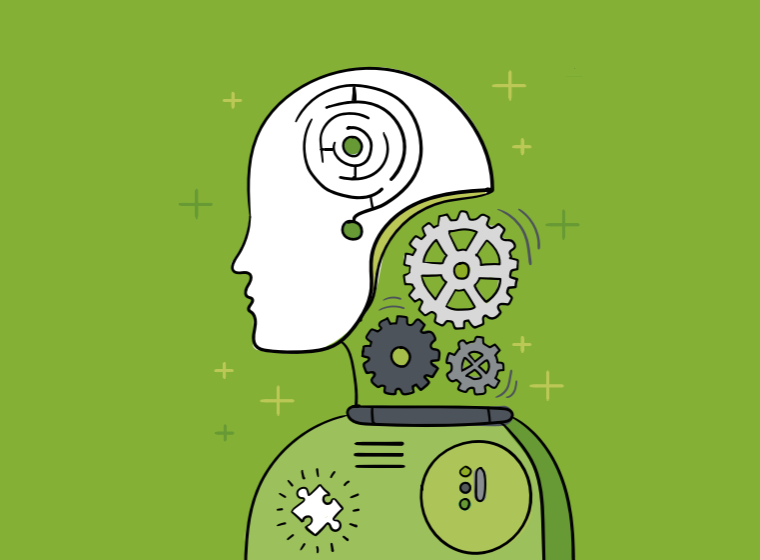
A New York Times in early December noted that Gates was “long skeptical” of what AI could do. That changed in August 2022, when he saw a demonstration of OpenAI’s GPT-4, the large language model underlying ChatGPT. That sold Gates on the concept, and he helped Microsoft “move aggressively to capitalize on generative AI.”
Although Gates left Microsoft’s’s board in 2020, he’s still an adviser to its CEO Satya Nadella. Microsoft has plunged full-bore into the AI world, The company invested heavily in OpenAI, the creator of ChatGPT, earlier this year. And it’s been adding the technology across its online services, including its Bing search engine.
The company also reimagined Windows 11 with the addition of Microsoft Copilot, which puts AI assistance always available on the Windows 11 desktop taskbar. Microsoft vice president Yusuf Mehdi calls it the most significant update to the operating system so far, and it works across multiple apps and mobile phones.
Even Gates struggles to adapt
In his year-end letter, Bill Gates draws parallels between the ascension of AI and the earlier emergence of the internet, email, and search engines, underscoring the rapid integration of once-foreign technologies into our daily routines. Gates envisions a comparable shift in societal integration with AI, akin to the transformation experienced with these technological advancements.
However, amidst his optimistic outlook, Gates candidly acknowledges the anticipated challenges in embracing AI, recounting a personal anecdote that elucidates this struggle. Expressing his intention to utilize AI tools for the foundation’s strategy reviews, where the task involves reviewing copious pages of briefing materials, Gates anticipated AI’s capacity to efficiently summarize this information for him. Yet, confronting the inertia of ingrained habits, he candidly admits to reverting to traditional review methods, conceding that breaking away from established routines proved more challenging than anticipated.


